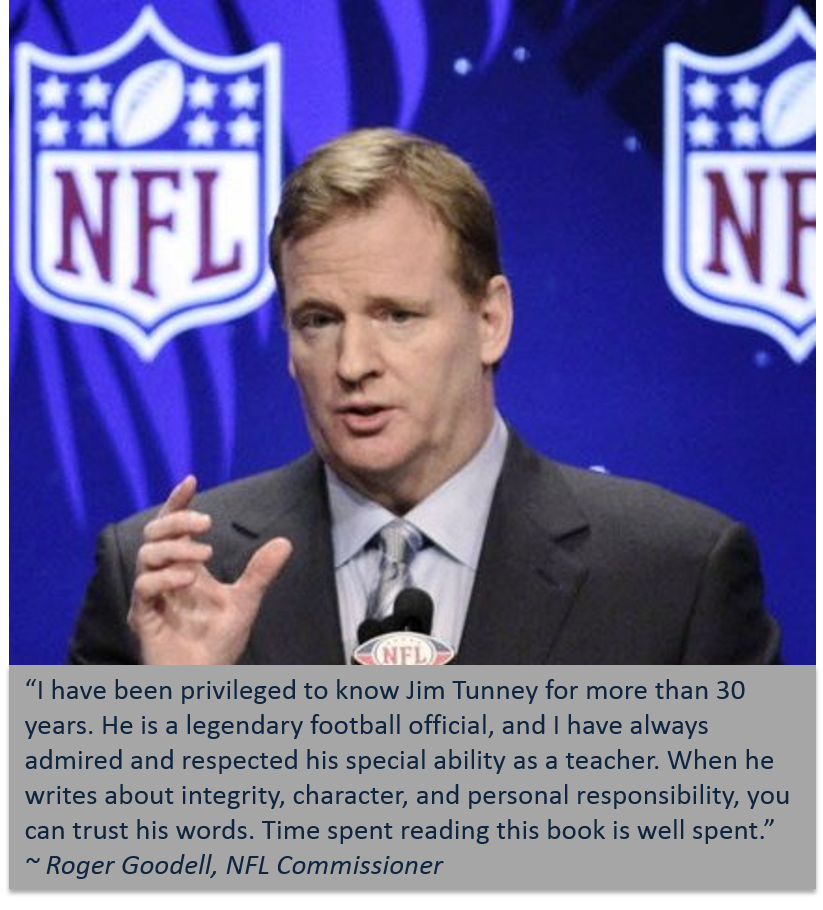ON THE TUNNEYSIDE of SPORTS August 13, 2012 #397 Coming up next…ENTITLEMENT?
After further review…”We’re professional athletes and we don’t like being treated like we’re amateur athletes”, said United States Olympic high jumper Jamie Nieto. He then continued “I feel honored to compete. But honor and pride and all that stuff can’t pay my mortgage”. Rule 40 of the Olympic Charter makes this point clearly: “Except as permitted by the IOC Executive Board, no competitor, coach, trainer or official who participates in the Olympic Games may allow his person, name, picture or sports performances to be used for advertising purposes during the Olympic Games”.
It has long been the belief here that the Olympic Games were established to pit amateur athlete against amateur athlete worldwide (and incidentally, not country vs. country). The “amateur” tag fell off many Olympiads ago. You may recall when it was discovered that Soviet-aligned countries sequestered their (often very) young athletes in round-the-clock training programs with room, board and pay. During that era the U.S. was using amateur athletes, with the athletes and coaches assuming the costs of preparation.
The U.S.O.C. then realized the unfairness of the “some-pay-some-don’t” system and began providing remuneration for it athletes. Nieto, 35, has completed his scholastic competition and thus considers himself a professional. His income is provided through his coaching and acting jobs. Since the IOC is generating billions of dollars from the London Olympics, featuring the performances of Nieto and thousands of other competitors, is he wrong for wanting reimbursement? What about the champion American gymnasts, the “Fab Five”, several of whom are still of scholastic age and may want to compete as amateurs? How do we ethically measure AT&T, a welcome major sponsor, promoting its “Rethink Possible” slogan with images of Gabby Douglas or others performing? Douglas, it should be noted, will soon appear on the Kellogg Corn Flakes cereal box. How does that translate? Just asking.
Regardless, the 30th Olympic Games showed the world what diligence, hard work, a never-give-up attitude and the spirit of competiveness mean. Was there a finer moment than the finish of the men’s 400 meter semifinal, when the eventual gold medal winner, Kirani James of Grenada, asked Oscar Pistorius of South Africa to trade racing bibs? Pistorius, who finished last in that heat, is the celebrated “Blade Runner” runner who gave his best effort despite wearing twin leg prosthetics.
Will future Olympic Games move even more towards professional athletes, and/or should they?
To contact Jim go to www.jimtunney.com or email him at jim@jimtunney.com.



